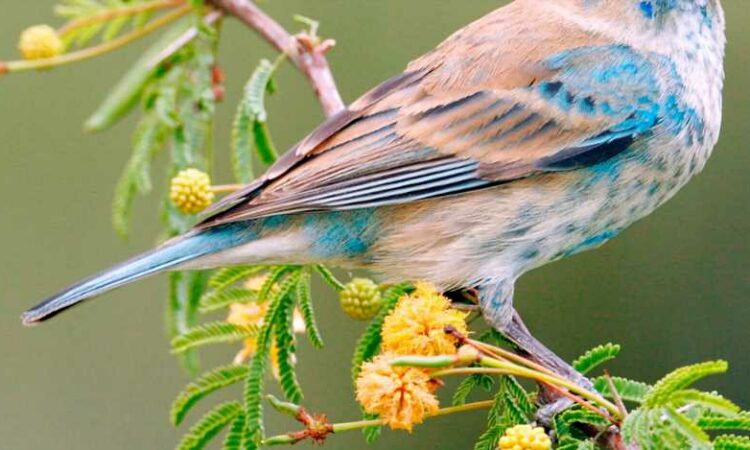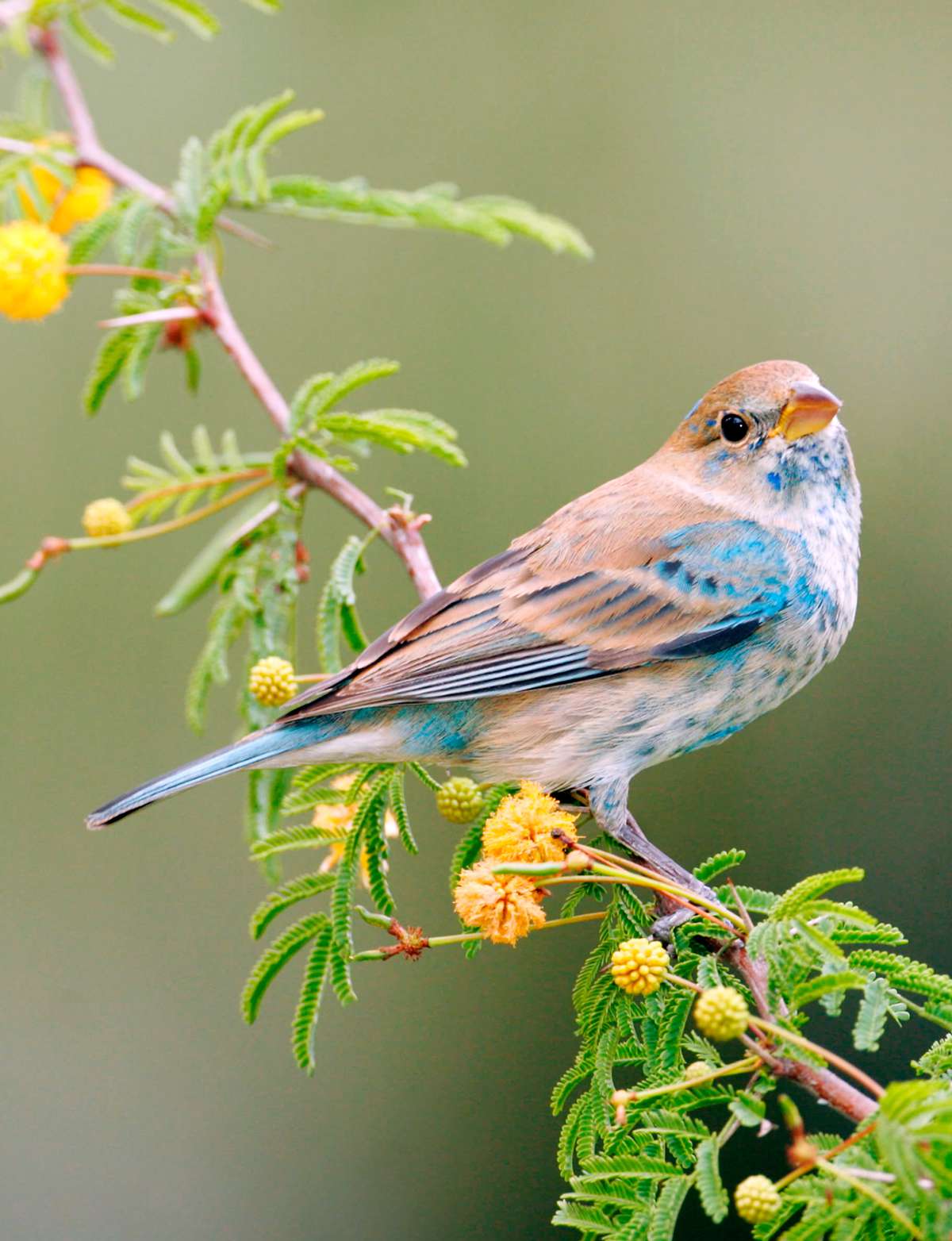Thanks to a federal program designed to reduce ozone pollution, a new study has found that nearly 1.5 billion birds have been saved over the last four decades. Ozone gas occurs in nature but it's also produced by power plants, factories, and car emissions. Researchers at Cornell University and the University of Oregon found that efforts under the Clean Air Act may have cut ozone pollution over the last 40 years and averted the deaths of 1.5 billion birds, or approximately 20 percent of bird life in the United States.
"Not only can ozone cause direct physical damage to birds, but it also can compromise plant health and reduce numbers of the insects that birds consume," explains study author Amanda Rodewald, Garvin Professor at the Cornell Department of Natural Resources and the Environment and Director of the Center for Avian Population Studies at the Cornell Lab of Ornithology. Researchers tracked monthly changes in bird abundance, air quality, and regulation status for more than 3,000 U.S. counties over the span of 15 years.
"Our research shows that the benefits of environmental regulation have likely been underestimated," says Ivan Rudik, the study's lead author and Ruth and William Morgan Assistant Professor at Cornell's Dyson School of Applied Economics and Management. "Reducing pollution has positive impacts in unexpected places and provides an additional policy lever for conservation efforts."
The study suggests that ozone gas can impact migratory bird populations directly by affecting their respiratory system and natural food supplies. "If these small migratory birds are not doing well, it is not going to be good for humans either," said Ann Neville, the Northern Mountains regional director for The Nature Conservancy. "Our Clean Air Act and Clean Water Act are helping these birds, but we want to be even cleaner because it affects humans, too. We need to find a balance so we can share the planet with all these wonderful animals."
This story originally appeared on marthastewart.com
Source: Read Full Article

